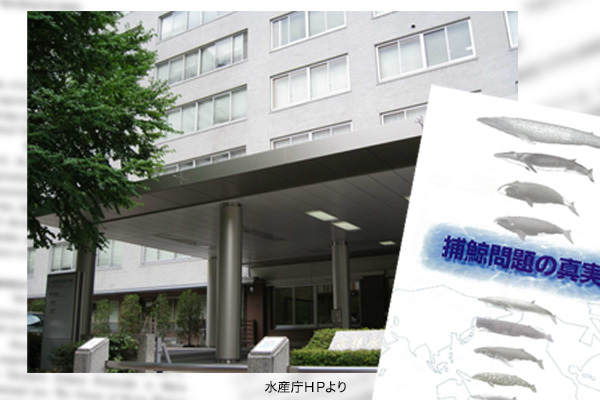Japan resumed commercial whaling in its 200-mile exclusive economic zone on July 1 after its notification of the withdrawal from the International Whaling Commission on December 31, 2018, took effect on June 30.
Last December, I was disappointed at Japanese media’s treatment of the government’s decision to exit from the IWC. Major media organizations criticized the decision as running counter to the spirit of international collaboration or negatively affecting Japanese diplomacy, or concluded that whaling would come under international fire and would not be worthy of being resumed. How superficial and shallow their views are! Their views are childish, lacking knowledge about inside details of the IWC.
IWC bullying whaling countries
The IWC has been unreasonably bullying whaling countries. First, the IWC made a decision running counter to the International Convention for the Regulation of Whaling. In 1982, the commission adopted a commercial whaling moratorium violating the convention that specifies its objectives as “the conservation and utilization of whale resources” and “the orderly development of the whaling industry.”
Second, the IWC has ignored its promise to lift the moratorium. The moratorium decision was accompanied by a condition that the IWC review the moratorium by 1990 at the latest under scientific grounds and set whaling quotas. Based on Japan’s scientific whaling achievements, the IWC Scientific Committee established the revised management scheme for whale resources in 1992 and recommended an annual Antarctic minke whaling quota of 2,000 catches. However, the recommendation was voted down in the subsequent IWC plenary meeting.
Third, anti-whaling IWC members have opposed whaling for the reason that it is unethical. They claim that they cannot tolerate the killing of whales from the viewpoint of animal protection. This claim represents the obtrusion of a special animal view to others. Japan should have withdrawn from the IWC when the issue of ethics came on the discussion table 25 years ago.
Raise whales at undersea ranges
The Japanese government should spare no effort to increase its supporters and promote international understanding about its position. Of the 89 IWC members, 41 support Japan. Most of them are developing countries, which have agreed with Japan that whales should be sustainably utilized as food resources of human beings.
Japan should proceed to creating a “World Whale-Raising Organization,” cooperating with these countries. Whale-raising had been predicted by British science fiction writer Arthur C. Clarke’s novel titled “The Deep Range” published in 1952. A vast undersea range could be developed in the Antarctic Ocean for raising whales. Aged male whales would be processed into canned meat, while milk would be pumped from female whales and processed into canned milk. These canned products could be provided to food-short countries.
Such organization could be realized when global population reaches 10 billion around 2055. Japan would be the only country that can take leadership in creating the organization.
Yoshito Umezaki is a fisheries journalist formerly working for the Jiji Press.


